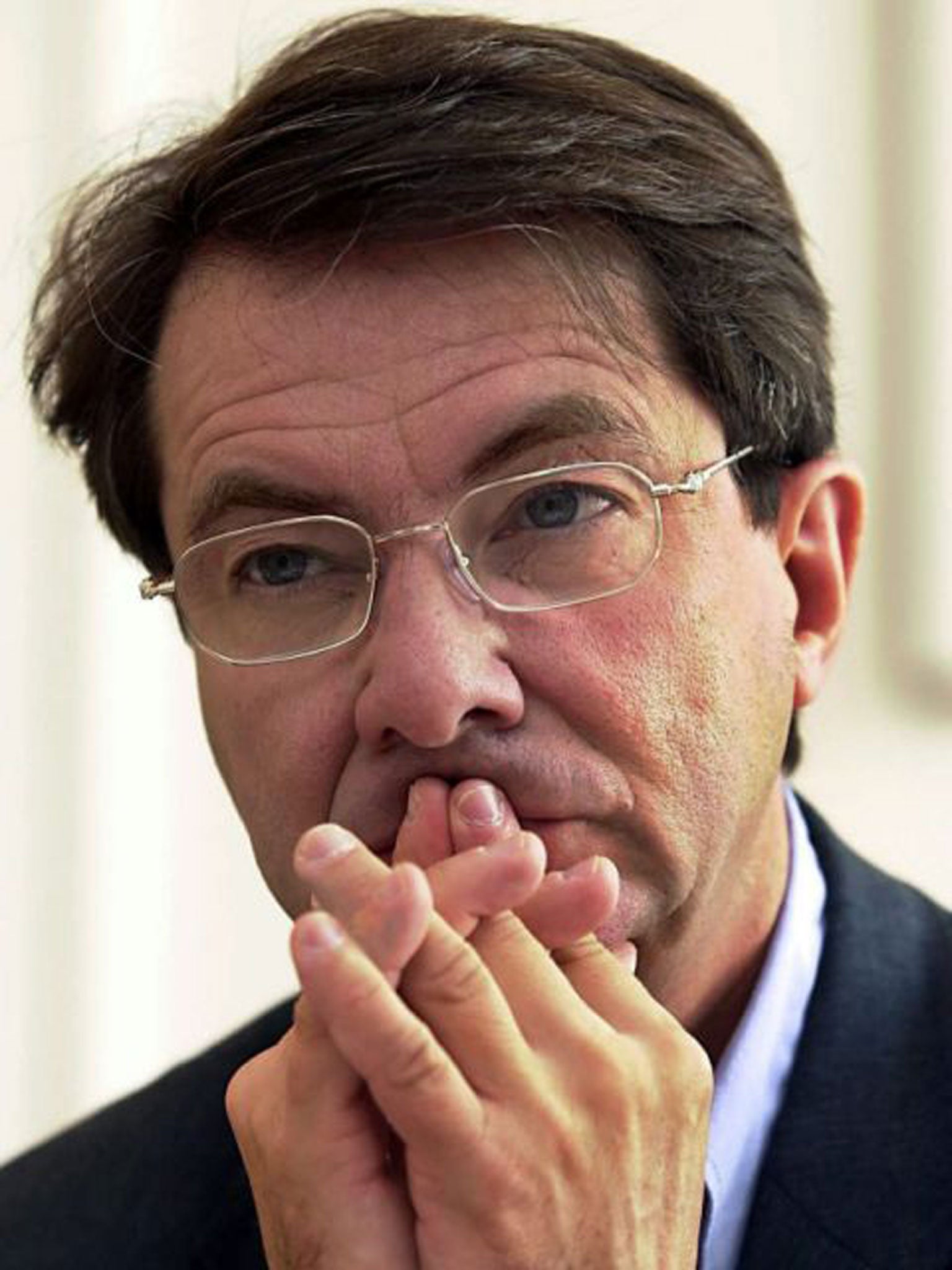Gerard Mortier: Pioneering opera director whose career was dedicated to breaking traditions and pushing artistic boundaries

Your support helps us to tell the story
From reproductive rights to climate change to Big Tech, The Independent is on the ground when the story is developing. Whether it's investigating the financials of Elon Musk's pro-Trump PAC or producing our latest documentary, 'The A Word', which shines a light on the American women fighting for reproductive rights, we know how important it is to parse out the facts from the messaging.
At such a critical moment in US history, we need reporters on the ground. Your donation allows us to keep sending journalists to speak to both sides of the story.
The Independent is trusted by Americans across the entire political spectrum. And unlike many other quality news outlets, we choose not to lock Americans out of our reporting and analysis with paywalls. We believe quality journalism should be available to everyone, paid for by those who can afford it.
Your support makes all the difference.Gerard Mortier was an opera director whose nonconformist style often grated the tradition-bound elite and who became a fiercely avant-garde impresario. Teatro Real in Madrid, where Mortier was serving as artistic adviser, paid tribute in a statement: "He contributed to promoting Spain's operatic and cultural landscape and placing the Teatro Real among the world's leading international opera houses."
A baker's son from a humble background, Mortier was enchanted with opera from early on and tried to revolutionise it at revered institutions, from the National Opera of Belgium to the Salzburg Festival. He became the director of Belgium's La Monnaie in 1981, steering it away from "bourgeois" entertainment and leading it to international recognition and acclaim.
He did so without relying on "star" singers, some of whom he considered little more than hired voices, and instead looked for the best stage directors who would immerse themselves in his vision. At a time when much of opera was still ensconced in the regalia of "old" art, Mortier relied on people such as the director Peter Sellars and composer Philip Glass to extend artistic boundaries. He oversaw a sumptuous renovation of the Brussels opera house and projects such as the world premiere of The Death of Klinghoffer, about the 1985 killing of a handicapped Jewish American by Palestinian terrorists on the cruise ship Achille Lauro.
He succeeded Herbert von Karajan at the Salzburg Festival in 1992, and created a storm with his daring productions. He moved on to Paris as general director of the Opéra National de Paris (2004-09). The plan then was to crown his career at the New York City Opera. When that backfired over financial issues, he went the Teatro Real as artistic director.
At Teatro Real he was behind Charles Wuorinen's opera Brokeback Mountain, adapted from the short story by Annie Proulx, who also wrote the libretto. The opera premiered in Madrid in late January.
Teatro Real said Mortier, who died of cancer, worked to the end, and when he was unable to attend a news conference late last month still managed to send a text so it could be read out. The Belgian Prime Minister Elio Di Rupo described him as a "visionary and generous personality," praise echoed by the French President François Hollande, who said, "He never stopped fighting, until the end of his strength, for culture in Europe."
ERIC LAW
Gerard Alfons August Mortier, opera director and administrator: born Ghent 25 November 1943; died 8 March 2014.
Join our commenting forum
Join thought-provoking conversations, follow other Independent readers and see their replies
Comments